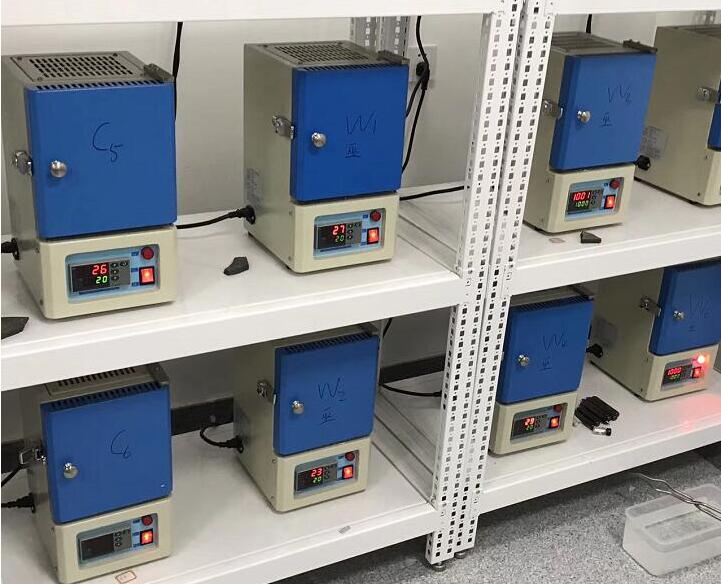A laboratory automatic hydraulic press, often referred to as a hydraulic press or simply a lab press, is a specialized piece of equipment used in scientific and materials research laboratories. It utilizes hydraulic pressure to compress and compact various materials into specific shapes or forms for experimentation, analysis, or testing. These presses are essential tools in various fields, including materials science, geology, chemistry, and engineering. Here's an introduction to the key features and applications of a laboratory automatic hydraulic press:
Key Features:
Hydraulic System: The core of the machine is its hydraulic system, which generates and applies pressure. It typically consists of a hydraulic pump, cylinder, and a piston that exerts force on the material being compressed.
Pressure Control: Laboratory hydraulic presses allow precise control over the applied pressure. Researchers can adjust the pressure levels based on their specific requirements, ensuring accurate and reproducible results.
Temperature Control: Some advanced models include temperature control features, allowing researchers to perform hot pressing or cold pressing as needed for their experiments.
Sample Size: These presses are available in various sizes, from benchtop models for smaller samples to larger floor-standing models for more extensive materials.
Safety Features: Modern lab hydraulic presses are equipped with safety features such as emergency stop buttons, protective enclosures, and pressure release valves to prevent accidents.
Data Logging: Some models come with data logging and automation capabilities, enabling researchers to record and analyze pressure and temperature data during the compression process.
Applications:
Materials Research:hydraulic hot press are extensively used in materials research to prepare samples for further analysis. This includes pressing powders into pellets or discs for X-ray diffraction (XRD), infrared spectroscopy (IR), and other material characterization techniques.
Geology: In geology laboratories, hydraulic presses are employed to create thin sections of rocks and minerals for petrographic analysis. Thin sections are used to study the mineral composition and texture of geological samples under a microscope.
Ceramics: Ceramic researchers use hydraulic presses to form green bodies or compacts that are subsequently sintered to create ceramic materials with specific properties.
Powder Metallurgy: Hydraulic presses are crucial in the field of powder metallurgy to shape and densify powdered metals into desired forms, such as components for automotive and aerospace industries.
Pharmaceuticals: In pharmaceutical research, hydraulic presses are utilized for tablet pressing, where powdered drugs are compressed into tablets for drug formulation and testing.
Materials Testing: These presses can also be used for materials testing, such as compression and tensile tests on various materials to determine their mechanical properties.
Battery Research: In battery development, hydraulic presses are used to compress the electrode materials and separator layers in lithium-ion and other types of batteries to optimize their performance.manual hydraulic hot press.
Laboratory automatic hydraulic presses play a crucial role in advancing research and development across various scientific and industrial fields. Their ability to precisely control pressure and temperature ensures that researchers can produce consistent and high-quality samples for analysis and experimentation.

